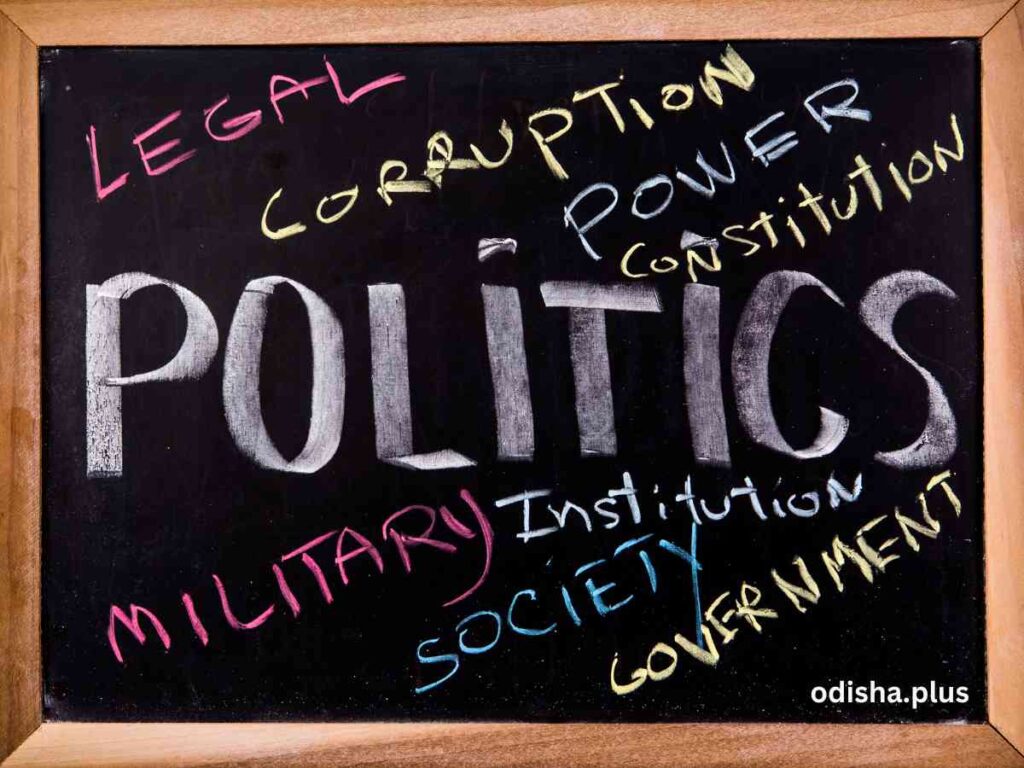After the election, many of these self-styled ‘servants’ seem to forget their fundamental purpose, morphing instead into figures who resemble monarchs more than public servants
Rajesh Kumar Tripathy

In modern politics, the role of the elected official is often extolled as that of a ‘public servant.’ This title is steeped in democratic ideals, suggesting a commitment to serving the interests and needs of the populace. Yet, a disheartening trend persists: Those who ascend to positions of power frequently betray this noble designation. After the election, many of these self-styled ‘servants’ seem to forget their fundamental purpose, morphing instead into figures who resemble monarchs more than public servants.
The campaign trail is where politicians are most vociferous about their devotion to public service. They pledge to be the voice of the voiceless, the champions of the underrepresented and the tireless advocates for their constituents’ needs. Their rhetoric paints a picture of selflessness and dedication. However, this rhetoric often dissolves like mist once the campaign ends and the power is in their hands.
From Servants to Autocrats
The transformation from benevolent leaders to autocratic rulers often begins subtly. It can start with the concentration of power, where decision-making processes are centralized and dissenting voices are sidelined. Policies and actions once discussed openly and transparently become shrouded in secrecy. The very leaders who once promised to uphold democratic values often become the architects of a more centralized, less accountable governance structure.
One of the most glaring signs of this shift is the erosion of accountability. Elected officials who once championed transparency often begin to resist scrutiny, dismissing calls for openness as distractions or even as attacks. Their responses to public criticism frequently become defensive, and their commitment to engaging with constituents wanes. This move away from accountability is not merely a bureaucratic inconvenience but a fundamental betrayal of the democratic principles upon which their office is based.
Erosion of Accountability
Another indicator of this shift is the growing disconnect between politicians and their constituents. Politicians who were once accessible and responsive become increasingly aloof, their focus shifting from representing the interests of their electorate to consolidating their power. This detachment fosters a sense of disenfranchisement among the public, who may feel that their voices are no longer being heard or valued.
The implications of this transformation are profound and troubling. When politicians who are supposed to serve the public instead act as though they are entitled to rule, it undermines the very foundations of democracy. Such behavior erodes public trust in political institutions and fosters a sense of cynicism and disillusionment among voters. It also paves the way for abuses of power, where decisions are made not in the public’s interest but to serve the interests of a select few or to further personal agendas.
Restoring Public Service
Restoring the true spirit of public service requires a concerted effort from both politicians and the electorate. For politicians, it means a recommitment to transparency, accountability and genuine engagement with their constituents. It means recognizing that their role is not to rule but to serve and that their power is derived from the trust and mandate of the people they represent. For voters, it means holding elected officials accountable and demanding that they adhere to the principles of public service. This can be achieved through active participation in the democratic process, vigilant scrutiny of political actions, and a commitment to informed voting.
Finally, we can summarise that the gap between the ideal of public service and the reality of political power can be stark and disheartening. There is no doubt that there are good instances of genuine leadership. But here we are talking about the larger pie of the circle. Politicians who claim to serve the public but act like kings after an election represent a betrayal of democratic principles and a threat to the health of our political system. It is crucial for both the public and politicians to remember that true service requires humility, accountability, and a steadfast commitment to the common good. Only by upholding these values can we ensure that democracy remains vibrant and that public servants genuinely serve rather than rule.
(The writer is a columnist and strategy practitioner. Views expressed are personal)



























